1. Heathers (1989)
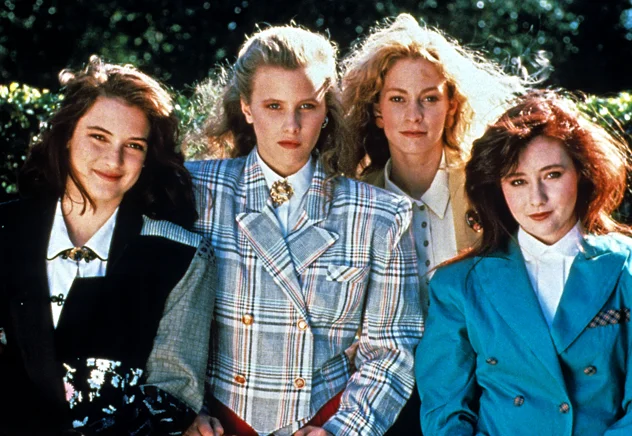
Heathers is often remembered as a darkly comedic exploration of high school cliques and the toxic pressures they impose. Despite its early box office struggles, the film eventually became a cult classic, influencing everything from fashion to social media trends. It introduced the world to a very different kind of teen drama—one where sarcasm, rebellion, and bold antihero characters ruled the school halls. The movie’s portrayal of high school life as a deadly game of popularity would go on to influence countless other films and TV shows.
While Heathers wasn’t a commercial hit at first, it left an indelible mark on pop culture. The film’s unique style, snappy dialogue, and biting commentary on teenage angst turned it into a blueprint for the future of dark, satirical comedies. It may not have been widely seen when it first came out, but it quickly gained a passionate following, making its way into the lexicon of 80s pop culture.
2. The Last Emperor (1987)
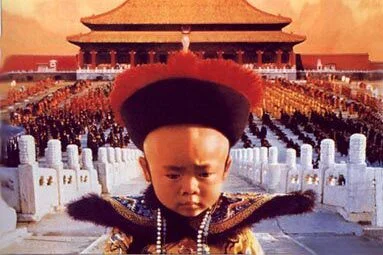
The Last Emperor is a sweeping historical drama that chronicled the life of Pu Yi, the last emperor of China. The film’s stunning visuals, combined with its historical significance, had a huge impact on how the Western world viewed Chinese history and culture. While the film itself was not a massive box office draw in the United States, it made waves internationally, particularly for its portrayal of imperial China and its grandeur. With a unique blend of political intrigue and cultural exploration, The Last Emperor became an unlikely ambassador of Chinese history in Western cinema.
Though not widely known in mainstream pop culture today, the film’s significance is undeniable. Winning nine Academy Awards, including Best Picture, it helped shape the way historical epics were made and set a standard for films dealing with Eastern history. Its meticulous attention to detail and breathtaking set design influenced countless filmmakers who would explore the East-West cultural divide in their own works.
3. Repo Man (1984)
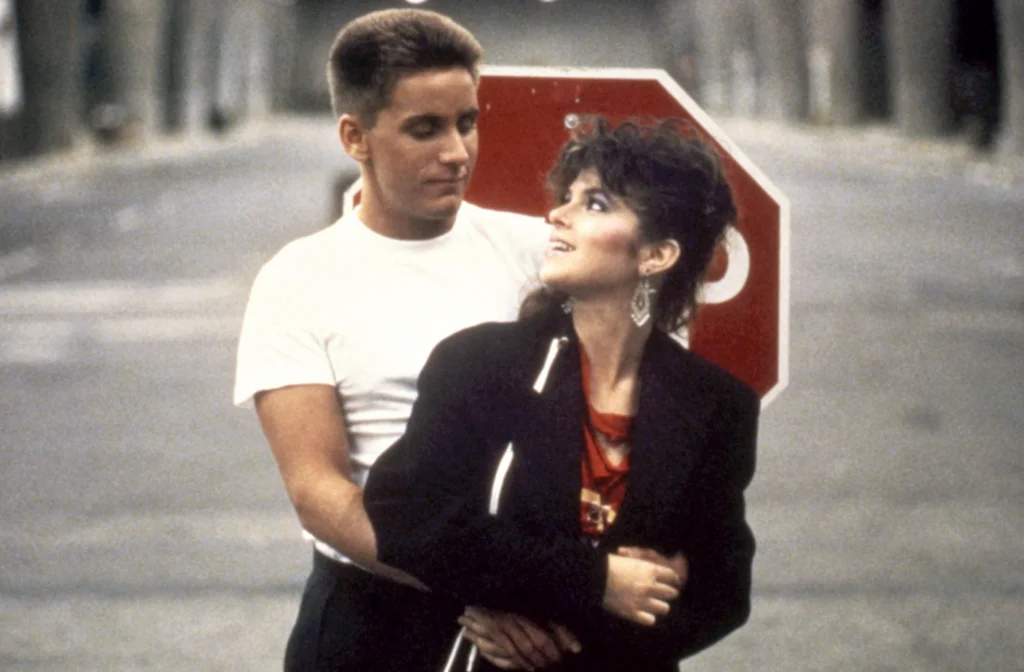
This sci-fi thriller, directed by Alex Cox, didn’t make a splash at the box office but became a defining cult classic for its anarchic take on the 80s, consumerism, and government conspiracy. Starring Emilio Estevez and Harry Dean Stanton, Repo Man introduced an unconventional narrative and a gritty, punk-rock aesthetic that resonated with rebellious youth. Its bizarre storyline about repo men, extraterrestrial intrigue, and government cover-ups might not sound like much, but it offered a raw, surreal commentary on American society in the 80s.
Over the years, Repo Man became a key reference point for films and music that sought to critique the excesses of American consumer culture. The film’s use of offbeat humor, its sharp critique of corporate America, and its punk influence made it a standout example of how 80s movies didn’t have to follow traditional Hollywood formulas. Despite its initial obscurity, its influence on indie cinema and punk culture can’t be overstated.
4. The Legend of Billie Jean (1985)
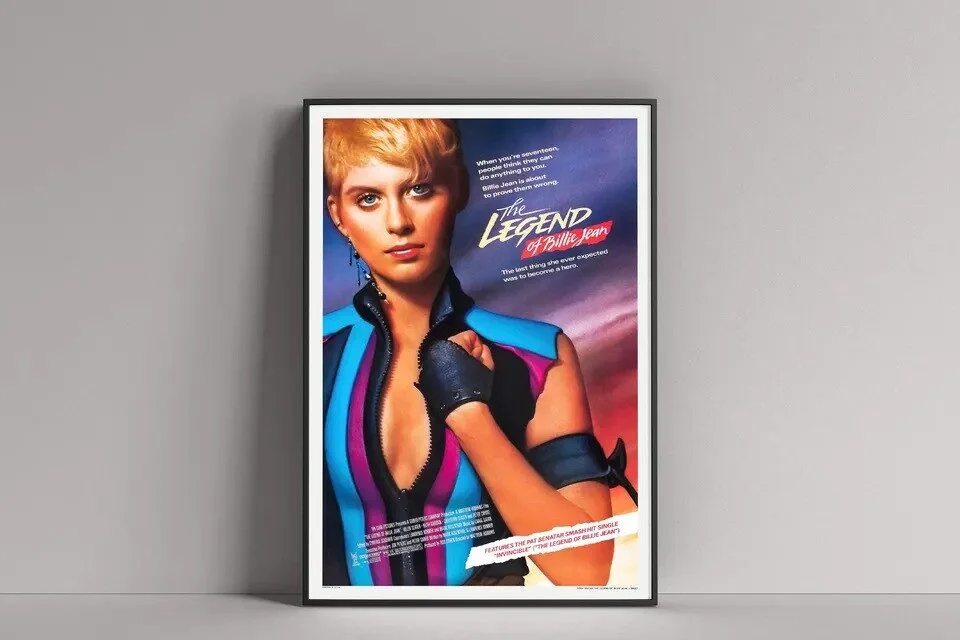
At first glance, The Legend of Billie Jean might look like just another teen drama about a girl fighting for justice. However, it quickly became a feminist icon in the 1980s. Helen Slater’s portrayal of Billie Jean Davy, a teenager who takes on a corrupt system after a cruel incident, resonated with young women everywhere. The film blended themes of empowerment, rebellion, and the search for justice, creating a perfect storm for the feminist movements that were bubbling under the surface at the time. Billie Jean’s journey from a regular teenager to a media sensation gave the movie a sense of urgency that set it apart from other teen flicks.
While it didn’t hit big at the box office, The Legend of Billie Jean was embraced by the youth culture of the time for its messages about standing up for what’s right. Its impact stretched beyond just the feminist movement, influencing movies and TV shows about female empowerment in the years that followed. Today, it remains a beloved film among fans who champion its bold themes and underdog spirit.
5. Time Bandits (1981)
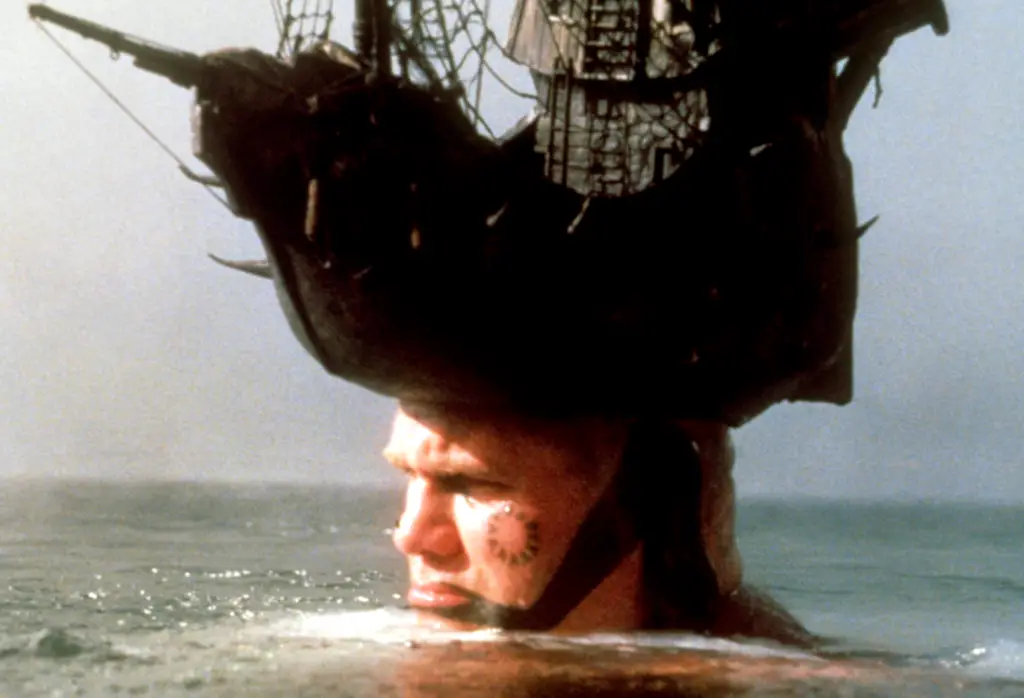
Terry Gilliam’s Time Bandits is a mind-bending adventure that blends historical satire with science fiction in a way that was completely ahead of its time. The film follows a group of dwarfs who steal a time machine and embark on a chaotic journey through history, encountering legendary figures and historical events along the way. With its quirky mix of fantasy and absurdity, Time Bandits became a favorite of the counterculture crowd, influencing later works in both film and television that dealt with time travel and historical parodies. Its influence can be seen in films like Bill & Ted’s Excellent Adventure and TV shows like Doctor Who.
Despite its lackluster box office performance, Time Bandits has remained a pop culture touchstone, particularly for fans of Gilliam’s work. The movie’s distinctive style—fusing fantasy, adventure, and satire—made it a precursor to the absurdist humor that would dominate the 90s and beyond. Its bold approach to storytelling and its offbeat humor continue to inspire filmmakers who push the boundaries of genre and narrative.
6. The Last Starfighter (1984)
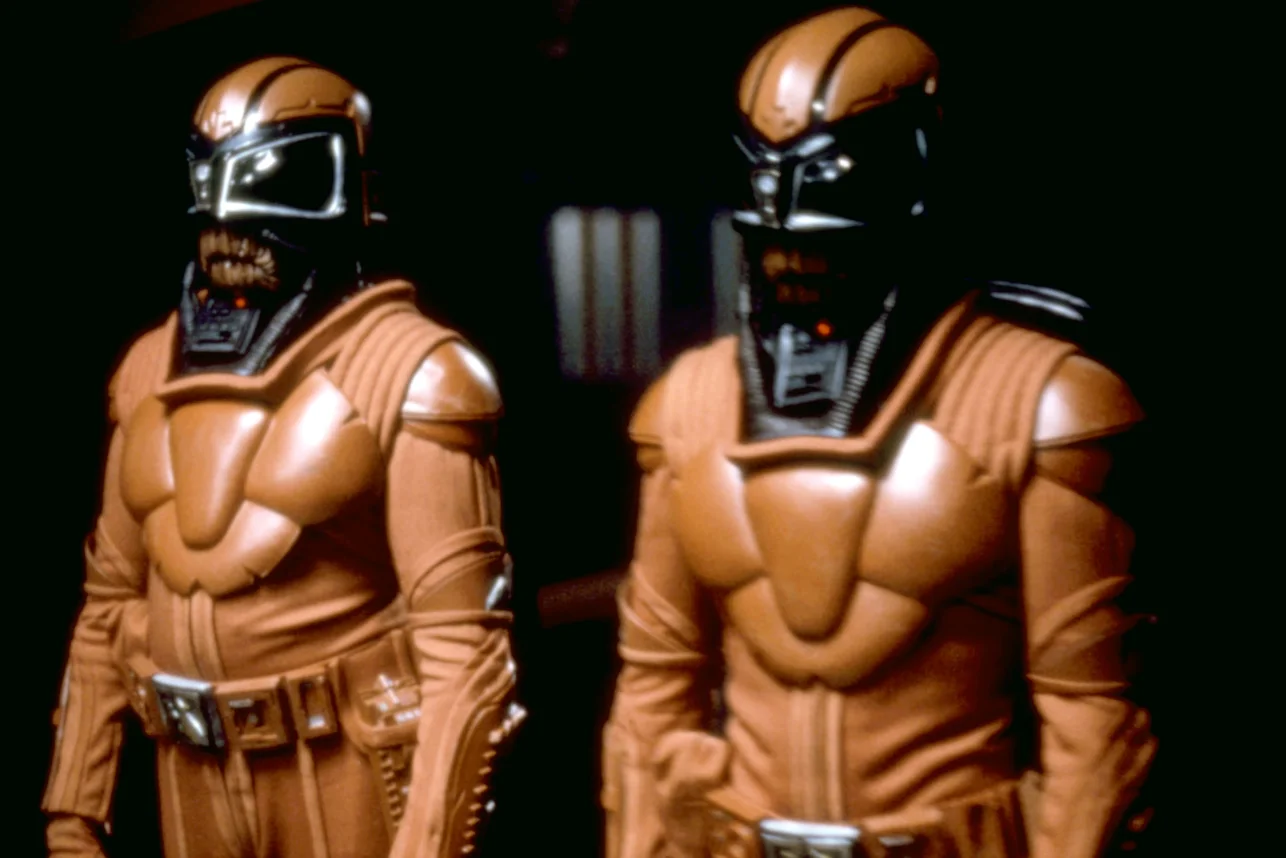
The Last Starfighter is a hidden gem from the 1980s that had a huge influence on pop culture, especially in the realm of science fiction and video games. The story follows a teenage boy named Alex, who, after mastering an arcade game, is recruited to fight an intergalactic war. Although it was initially overshadowed by bigger blockbusters, The Last Starfighter made a lasting impact on both the sci-fi genre and the burgeoning video game industry. It was one of the first films to use computer-generated imagery (CGI) in a meaningful way, paving the way for future blockbusters like Jurassic Park.
Despite not being a major box office hit, the film’s themes of technology, virtual reality, and the crossover between video games and real-life adventure made it an early precursor to many elements that would define 80s pop culture. Today, The Last Starfighter is fondly remembered by fans who see it as a cult classic that predicted the increasing influence of video games on everyday life. Its charm and imaginative storytelling continue to resonate with fans, especially in the growing world of video game-inspired films.


